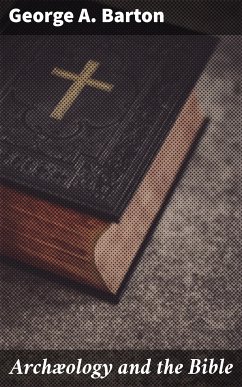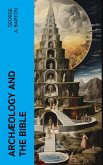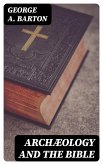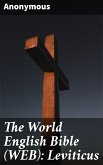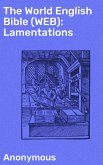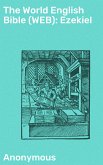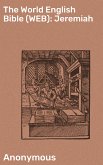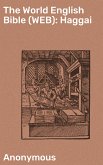In "Archv¶ology and the Bible," George A. Barton embarks on a meticulous exploration of the intersection between archaeological findings and biblical narratives. The book intricately weaves together scholarly research with textual analysis, demonstrating how archaeological discoveries illuminate our understanding of biblical events and figures. Barton's literary style is characterized by clarity and rigor, making complex archaeological data accessible to both scholars and lay readers alike. He engages with a wide array of archaeological evidence, contextualizing it within the broader framework of ancient Near Eastern history, and challenges traditional interpretations with a fresh perspective. George A. Barton was an influential biblical scholar and archaeologist, whose extensive fieldwork and proficiency in ancient languages informed his writing. His academic journey, steeped in both archaeology and theology, positioned him uniquely to critically evaluate the narratives found within scripture. Through years of study, Barton cultivated a profound appreciation for the historical and cultural contexts that shaped biblical texts, and he sought to bridge the gap between faith and empirical evidence in his works. I highly recommend "Archv¶ology and the Bible" to anyone interested in the complexities of biblical studies and the tangible connections to the ancient world. This book not only enriches the reader'Äôs understanding but also sparks a dialogue on the enduring relevance of scripture in the light of modern discoveries.
Dieser Download kann aus rechtlichen Gründen nur mit Rechnungsadresse in A, B, BG, CY, CZ, D, DK, EW, FIN, F, GR, H, IRL, I, LT, L, LR, M, NL, PL, P, R, S, SLO, SK ausgeliefert werden.

